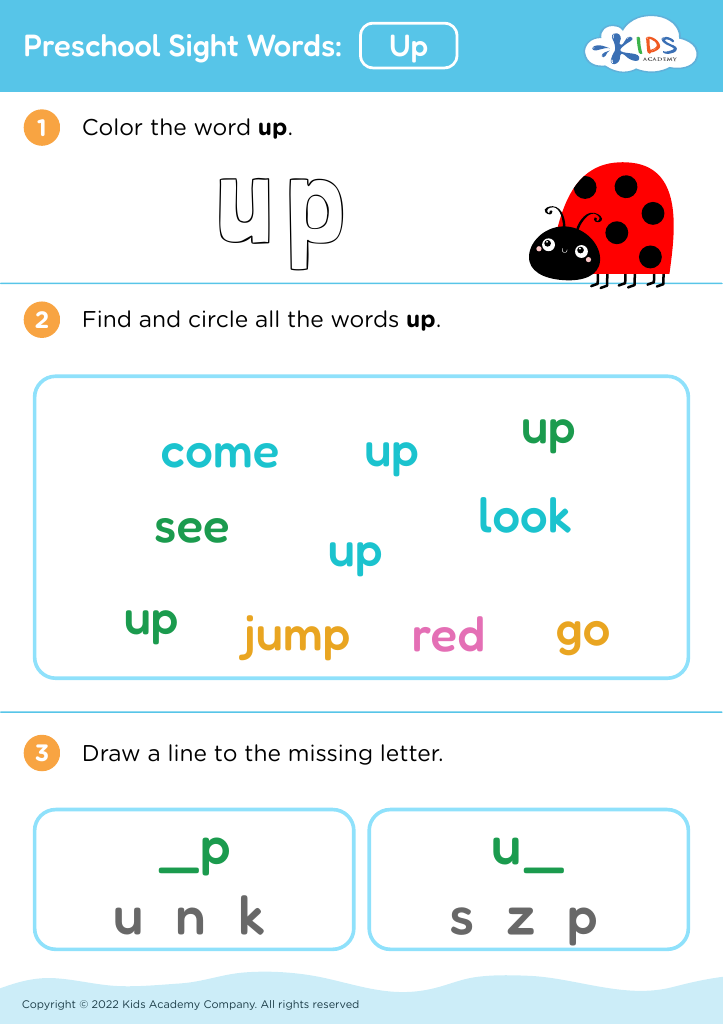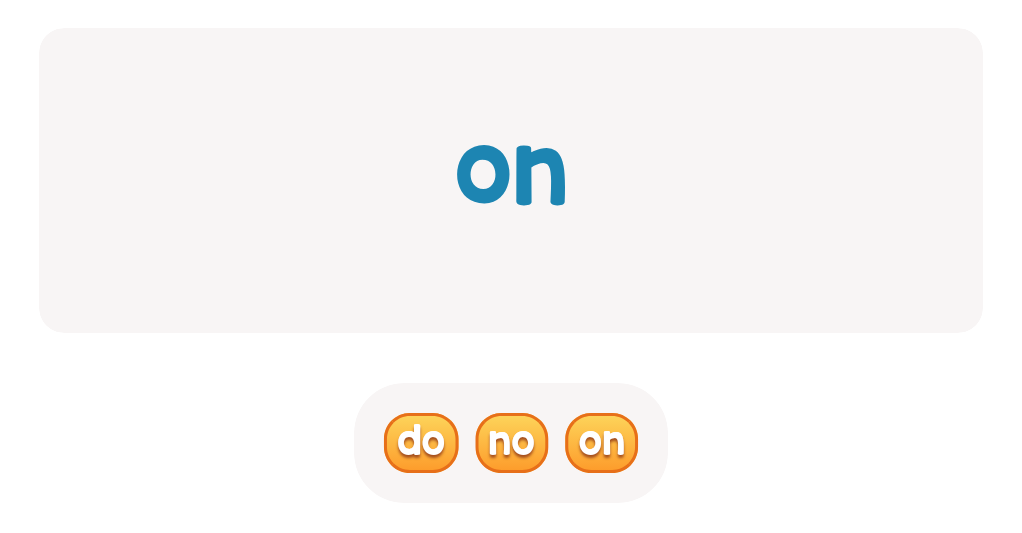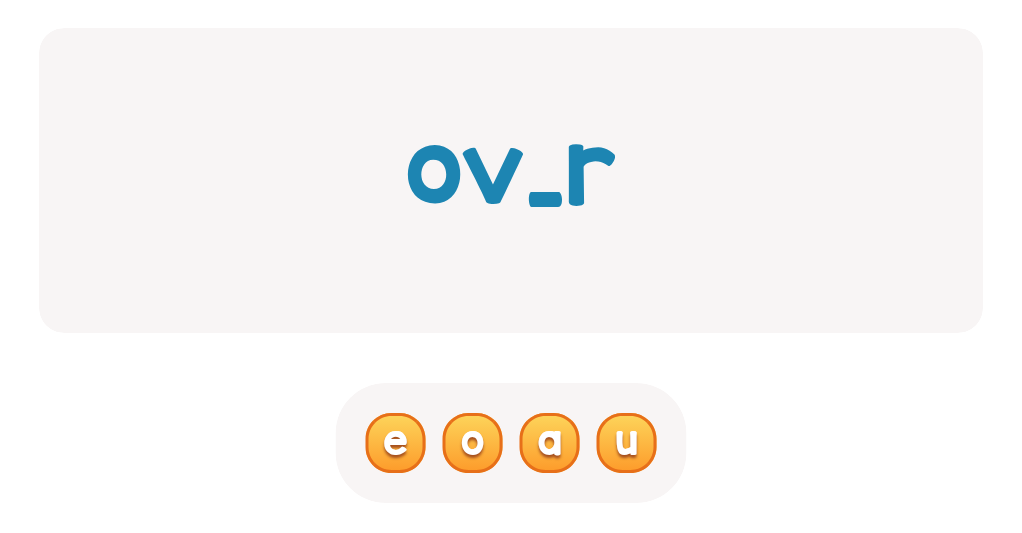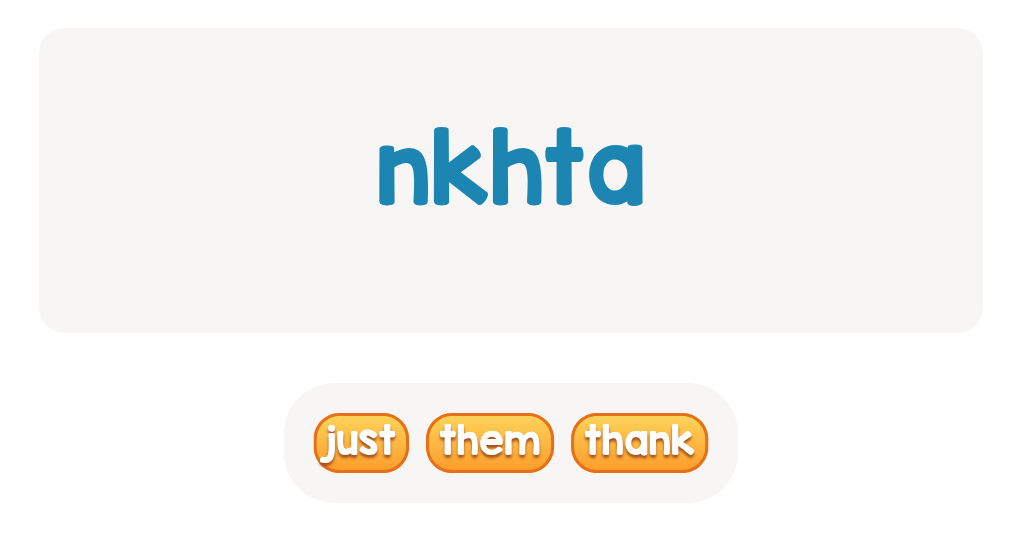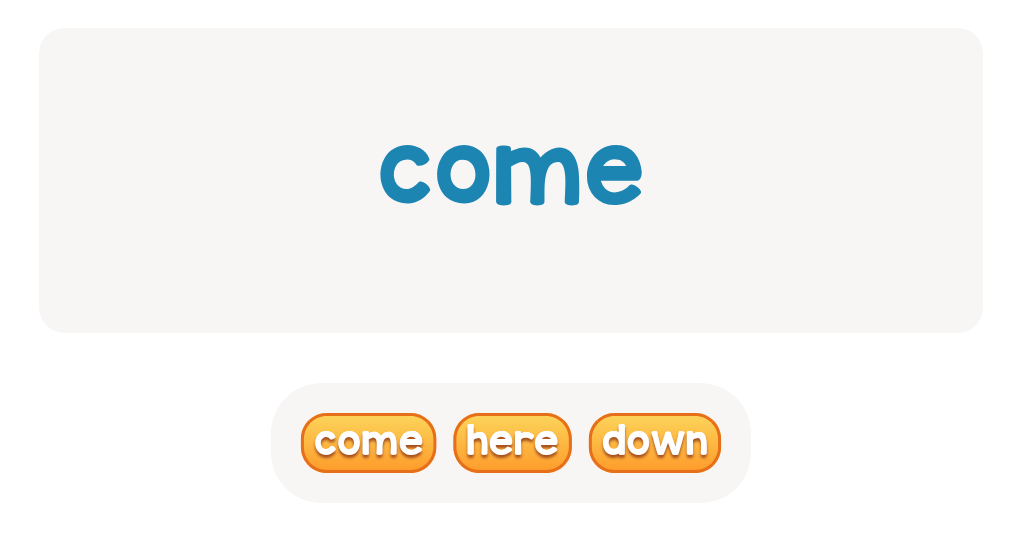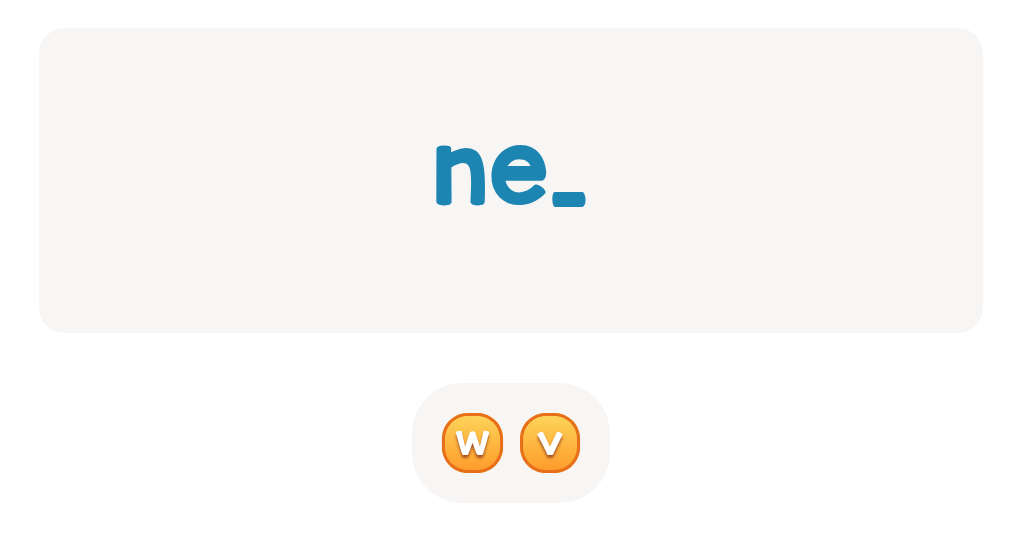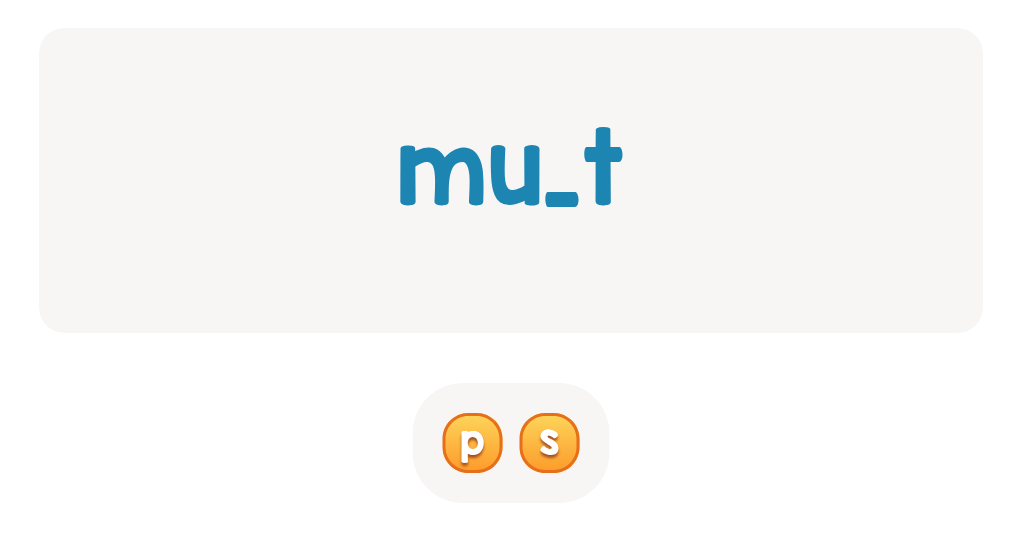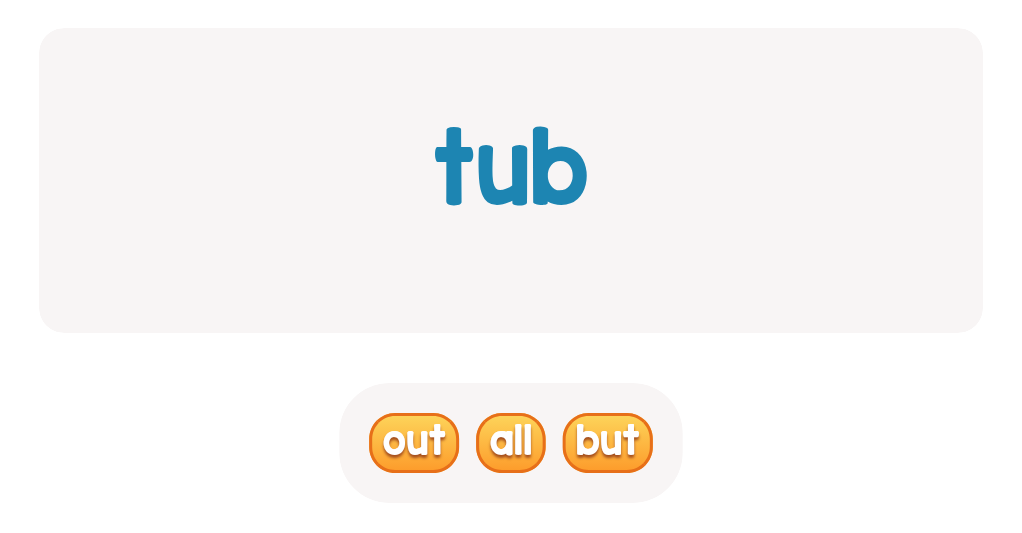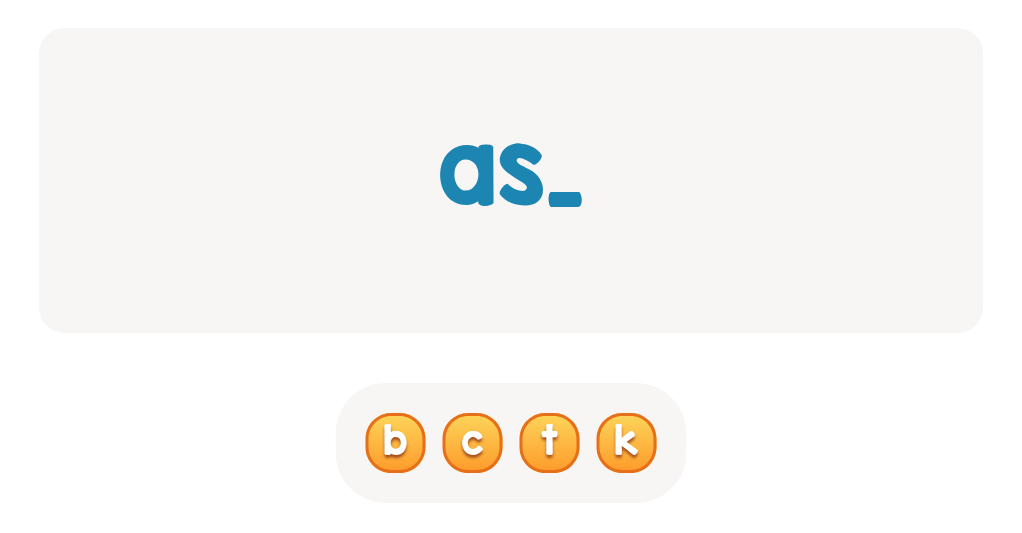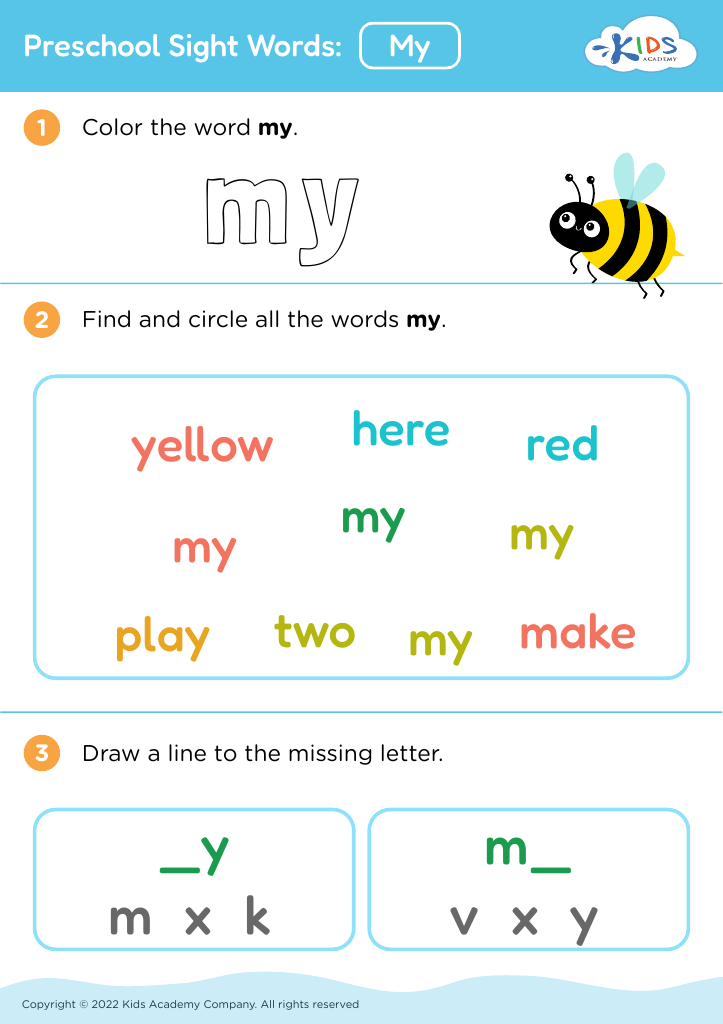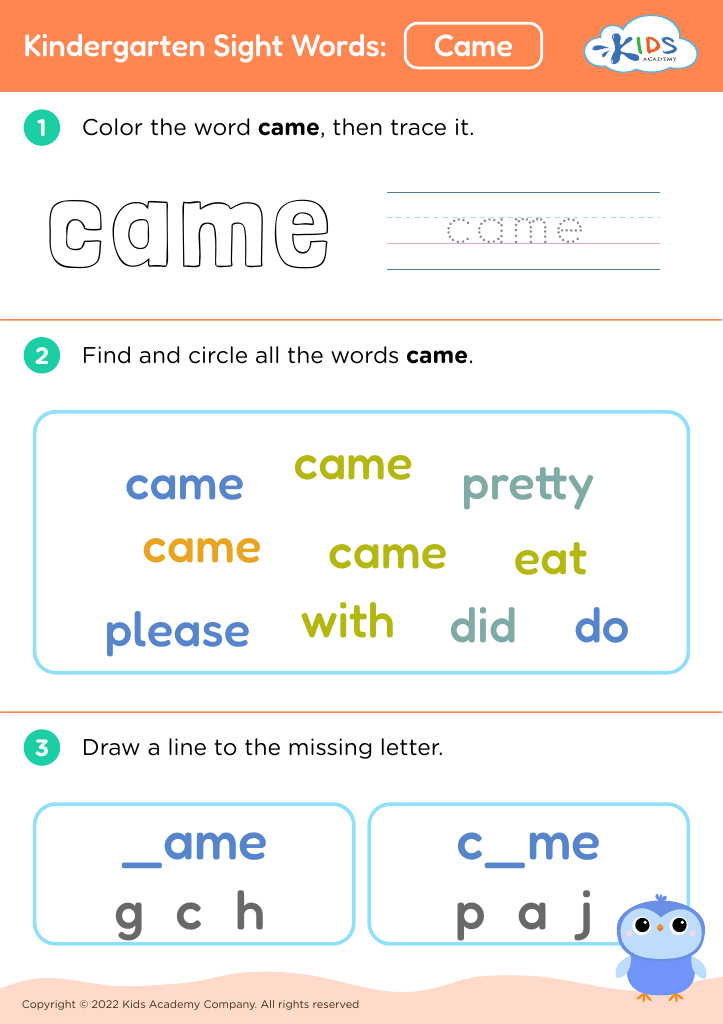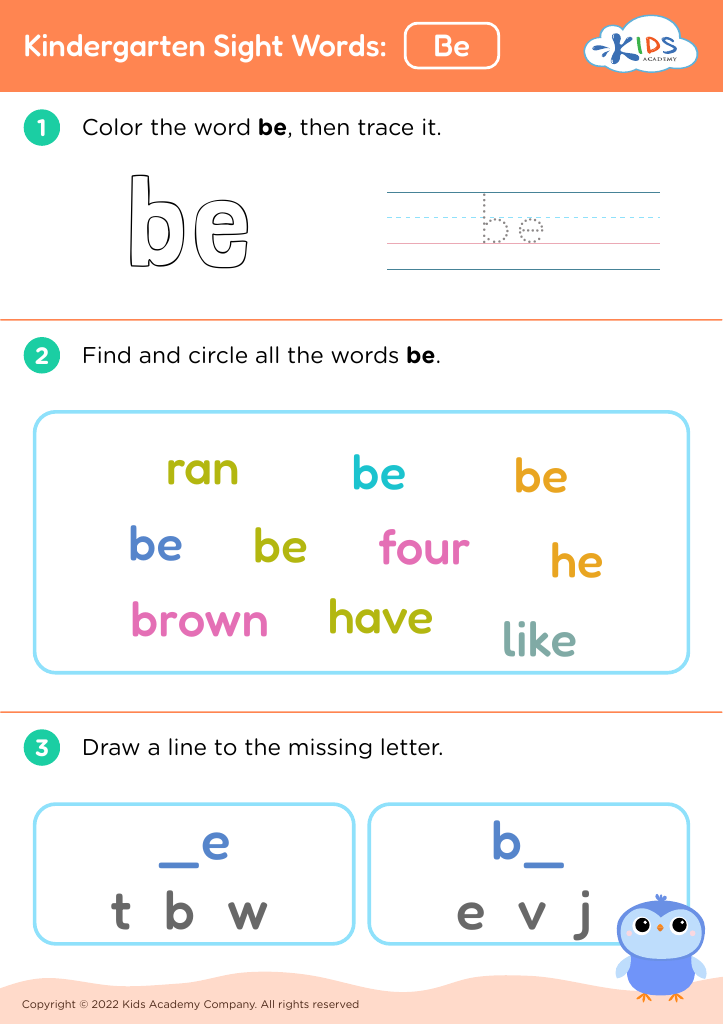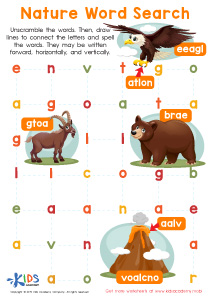Fraction comparison Sight Words Worksheets for Ages 4-6
8 filtered results
-
From - To
Discover our engaging Fraction Comparison Sight Words Worksheets designed for children aged 4 to 6. These fun, interactive activities help young learners grasp fundamental concepts of fractions while enhancing their reading skills. Each worksheet combines sight words with colorful illustrations, making learning both enjoyable and effective. Children will practice comparing simple fractions through activities that encourage critical thinking and reinforce literacy skills. Our thoughtfully crafted resources are perfect for preschool or kindergarten settings, ensuring that kids build a solid foundation in both math and reading. Explore our collection today and support your child's educational journey with hands-on learning experiences!
Fraction comparison sight words are essential for young learners aged 4-6, as they lay the groundwork for mathematical understanding and verbal communication skills. Mastering these terms helps children articulate their thinking and compare fractions confidently, fostering a deeper conceptual understanding of math.
At this developmental stage, children are naturally curious and eager to explore numbers and relationships. Teaching them fraction comparison sight words makes math concepts more accessible and less intimidating. It encourages cognitive development by enhancing problem-solving skills and numerical reasoning.
Furthermore, recognizing and using these sight words promotes literacy and communication abilities, allowing children to express mathematical ideas verbally. This dual focus expands their vocabulary, connecting reading and math in meaningful ways.
For educators and parents, emphasizing these sights words encourages a positive attitude towards math. When children feel accomplished while using their knowledge about fractions and can recognize related terms, their confidence boosts, leading to increased engagement and interest in learning.
In summary, fraction comparison sight words are foundational for mathematical fluency and literacy, equipping young learners with the skills they need for future success in math and beyond. Investing in this early learning can foster a lifelong love and enthusiasm for mathematics!

